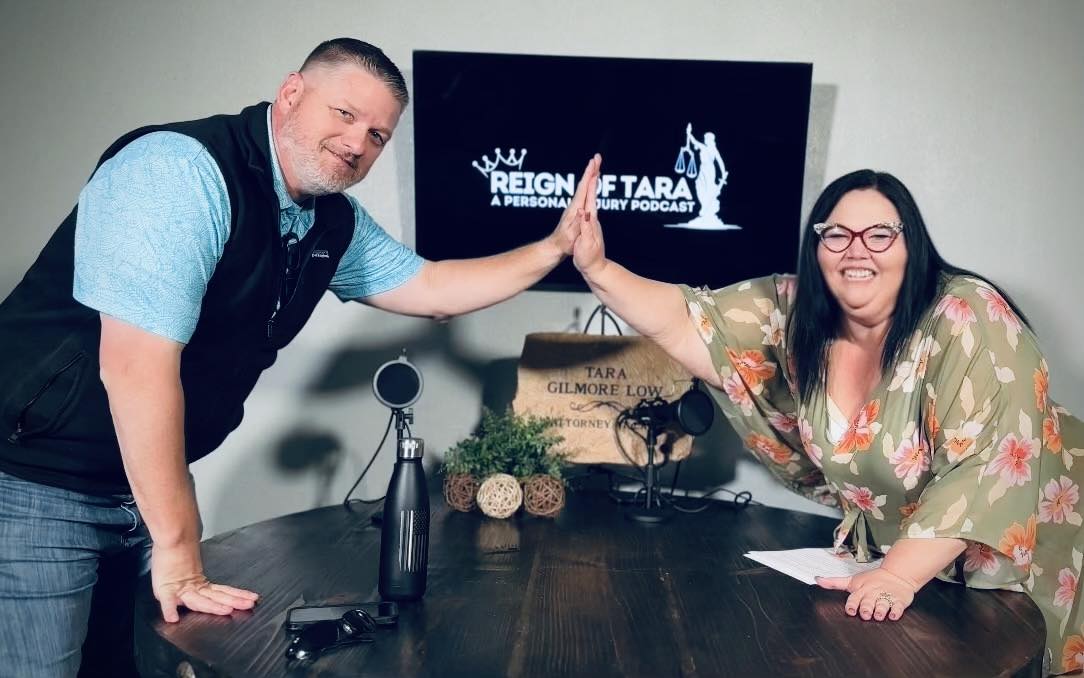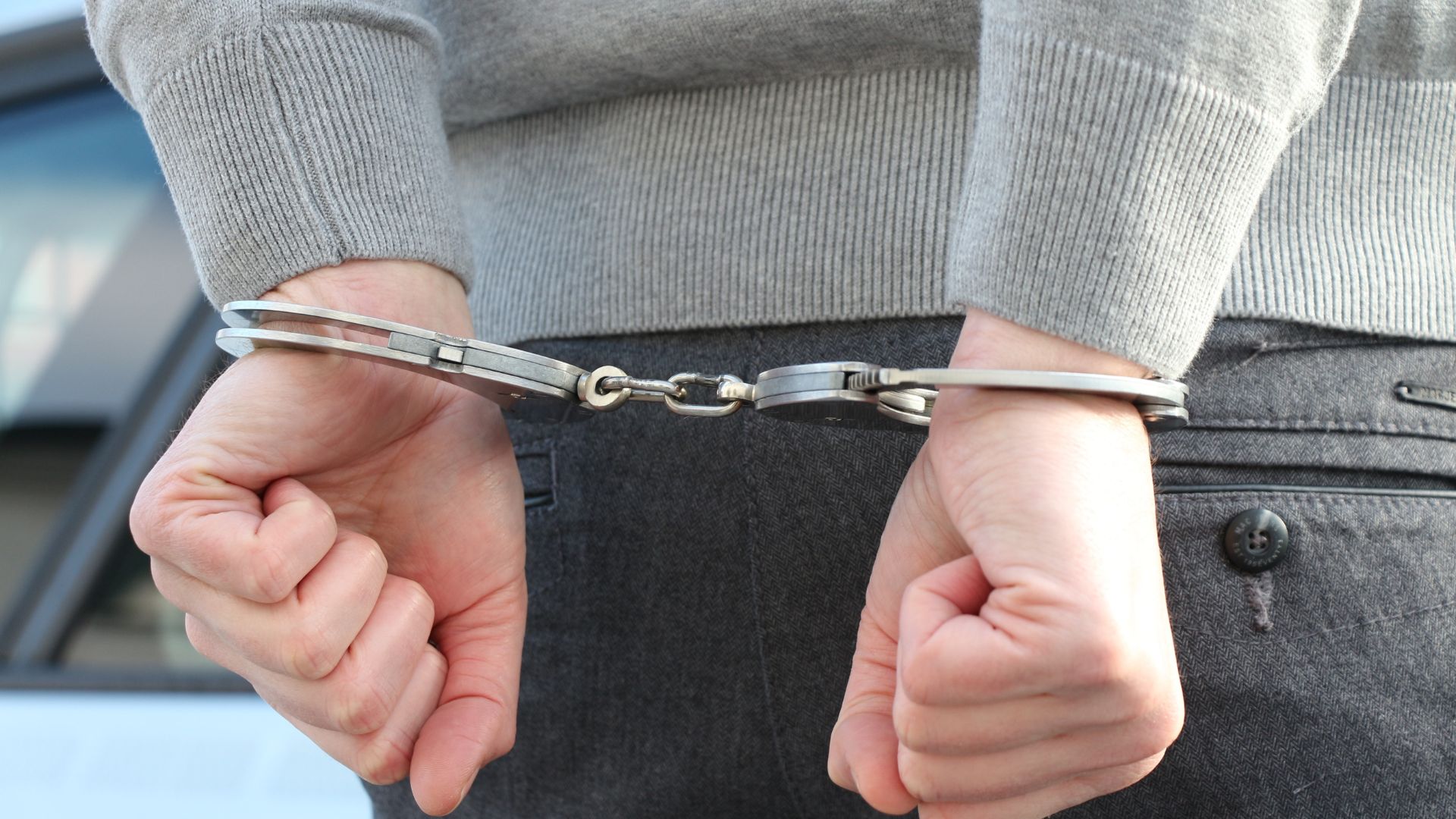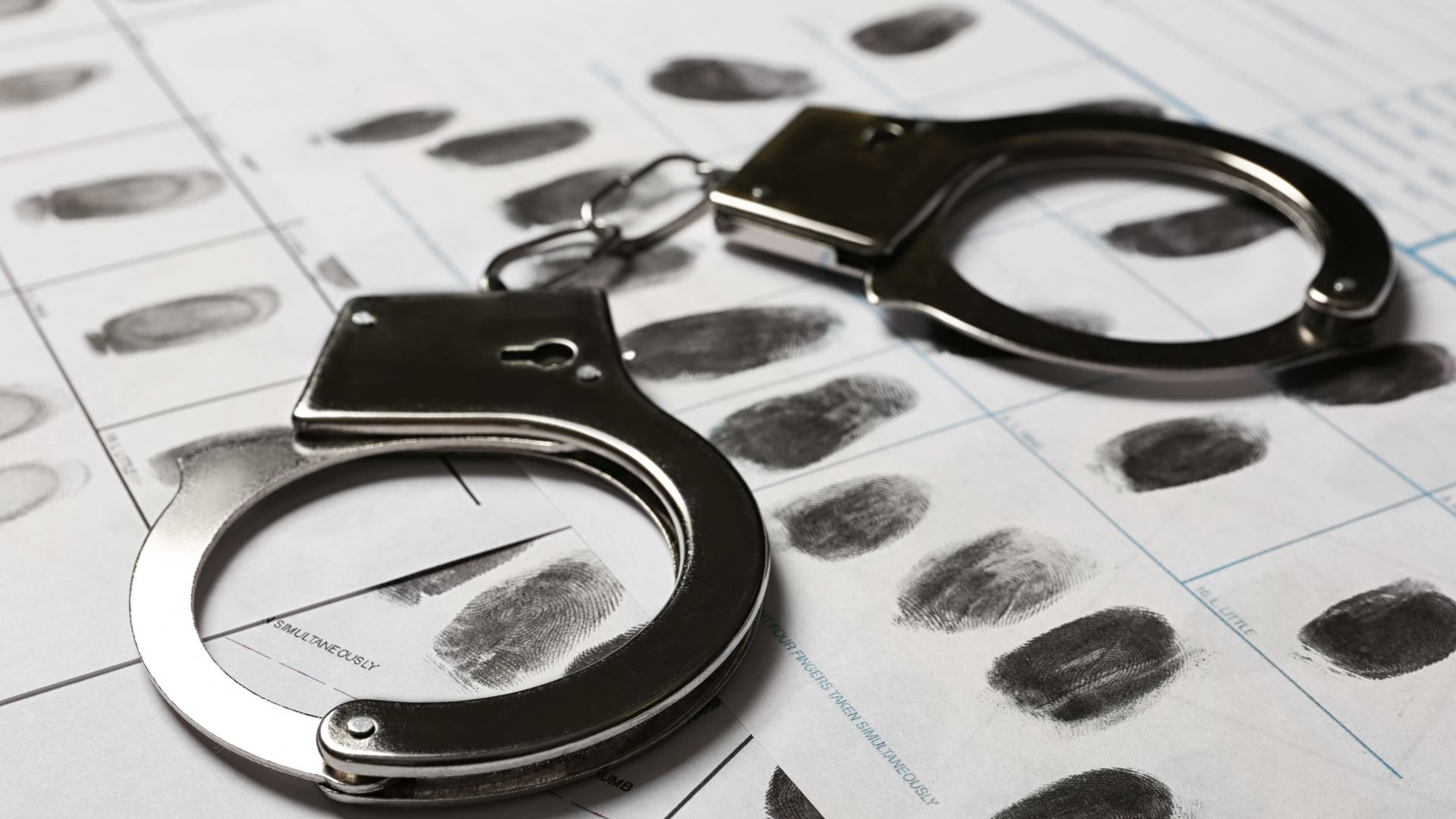When a Night Out Turns Into a Criminal Case: Bar Fights, Disturbances, and Defense


New Episode of Reign of Tara: What Happens Before Trial?

Prescription Drugs and Criminal Charges: When Legal Meds Become Legal Trouble

Charged, But Not Convicted: Why Your Defense Starts Before Court

Felony Charges in Texas: What You’re Really Up Against

Marijuana in Texas: What’s Actually Legal Now?
Good People, Bad Nights
It starts as a celebration, a get-together, a concert downtown, or just a few drinks at your regular spot. But when alcohol, emotions, and crowded spaces collide, it doesn’t take much for a night out to turn into a criminal charge. In fact, some of the most common arrests in West Texas happen outside bars, at house parties, or during community events.
The truth is, most people charged with offenses like disorderly conduct, public intoxication, or simple assault aren’t hardened criminals. They’re students, service workers, business owners, and veterans. Many have never been in trouble before. But one argument, one wrong move, or one false accusation—and suddenly, you’re in handcuffs wondering how things escalated so fast.
Tara Gilmore-Low and the team at Low Law Firm have seen this scenario play out again and again. The good news? You still have rights—and you’re not alone.
What Are the Most Common Bar-Related Charges in Texas?
When law enforcement is called to a scene involving a fight or public disturbance, they usually arrive after the fact. This means they often have limited context and must make split-second decisions. In many cases, that results in multiple people being arrested—even if one person was just trying to de-escalate or defend themselves.
Here are some of the most common charges we see from nightlife-related incidents:
- Disorderly Conduct – Includes offensive language or gestures, unreasonable noise, fighting, or displaying a firearm with intent to alarm.
Texas Penal Code § 42.01 - Public Intoxication – Occurs when someone is in a public place while intoxicated to the degree that they may endanger themselves or others.
Texas Penal Code § 49.02 - Simple Assault – Involves intentionally or recklessly causing bodily injury, or even making a threat of injury. No physical mark is required to be charged.
Texas Penal Code § 22.01 - Resisting Arrest / Interference with Public Duties – Arises when someone argues with or obstructs officers during or after an incident.
Alcohol Changes the Legal Landscape
Alcohol impairs judgment—not just for those involved in the altercation, but sometimes for bystanders and witnesses, too. This can create conflicting accounts of what happened. You may have been defending yourself or trying to walk away, but if officers arrive after the incident and someone points to you as the aggressor, your word might not carry as much weight on the spot.
This is where an experienced criminal defense attorney becomes critical. Tara Gilmore-Low knows how to investigate these types of charges and challenge assumptions made at the scene, including:
- Surveillance footage that tells a different story
- Witness statements that contradict police reports
- Lack of evidence showing actual intent or injury
Even if you were arrested, you still have every right to a defense—and a strong one at that.
The Real-World Consequences of Not Taking It Seriously
One of the most common mistakes we see is when people believe a public intoxication or disorderly conduct charge is “no big deal.” They think they’ll pay a fine, move on, and that’s that.
But these charges go on your criminal record unless they are dismissed or expunged. That means:
- Employers may see it on background checks
- It could affect your ability to obtain a professional license
- It may influence child custody or family court matters
- You could face harsher penalties for future offenses
How Tara Gilmore-Low Can Help
Tara doesn’t just walk into the courtroom and negotiate. She builds the defense before you get there. This might include:
- Interviewing witnesses who were never included in the police report
- Filing Motions in Limine to block irrelevant or prejudicial character attacks
- Requesting video evidence from the bar, street cameras, or officer body cams
- Reconstructing the timeline of events and challenging assumptions about intoxication or aggression
In some cases, she may even be able to negotiate pre-trial diversion programs or pursue dismissal if the facts don’t support the arrest.
You’re Not the First. You Won’t Be the Last.
If you’re embarrassed, confused, or worried about how this will affect your future—you’re not alone. These charges are more common than people realize, especially in towns with busy bar scenes or college campuses. The key is to address it early, understand the process, and take it seriously.
For legal support and rights education, visit the Texas Criminal Defense Lawyers Association.
Additional Resources
Coming Up Next
In the next installment of our criminal defense series, we’ll focus on passenger rights—what happens when you’re not the one driving but still end up facing a criminal charge.
Next Up:
“Know Your Rights as a Passenger: When You’re Not the One Driving”
Get Legal Help After a Night That Went Too Far
If you or someone you care about is facing charges after a bar fight, a misunderstanding, or an alcohol-fueled dispute, don’t wait. Call Low Law Firm today to schedule a confidential consultation with Tara Gilmore-Low.
📞 Call: 325-455-1889
🖥️ Contact us: https://lowlawfirm.com/contact
Find Us On The Map
The Low Law Building is located in south Abilene at 7242 Buffalo Gap Rd, on a sprawling 1.5 acres campus with handicap parking.
BUSINESS HOURS:
Monday – Friday : 9:00 AM – 5:00 PM
Saturday – Sunday : Closed
